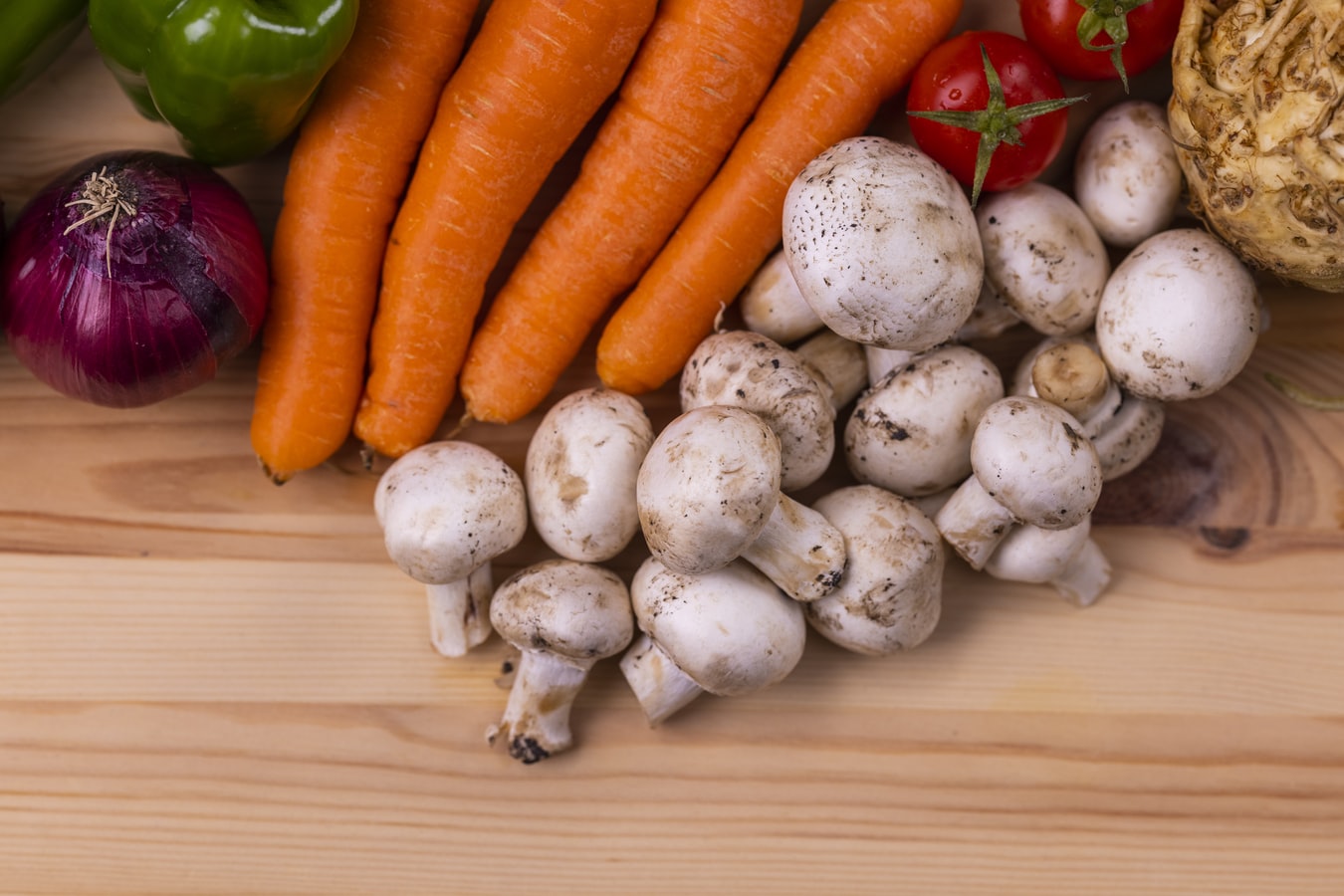What does the skin consist of?
The skin is composed of the dermis and epidermis. The skin has the functions of protection, sensation, secretion, excretion, and breathing. It is the largest organ in the human body, accounting for about 16% of body weight. The thickness of the skin varies throughout the body, with the thickest areas on the back, nape, soles, and the thinnest on the armpits and face, with an average thickness of 0.5-4.0 mm. Although the thickness of the skin varies from place to place, it can be divided into two layers: the epidermis and the dermis, which are connected to the deep tissues by the subcutaneous tissue.
The skin is divided into different skin types. I believe that when the season changes, there will be more or fewer skin conditions, such as too oily or too dry skin, which leads to tightness and peeling of the face. There is a nervous problem that some people take care of their skins every day, but the skin condition is always unsatisfactory. Maybe the skincare method is not correct and effective.
Dry skincare
Dry skin is the most susceptible to the effects of changing seasons because it does not produce enough sebum. Coupled with the effects of changing seasons and the environment, the skin is prone to some problems; for example, lack of oil, feeling tightness after washing the face, dry skin, stinging with skincare products, small dry lines, and spots.
In response to these problems, dry skin mainly has two practical measures:
One is to reduce the loss of sebum in skincare. Excessive and repeated cleansing will make the skin oils less. Dry-skin people should pay more attention to the frequency and intensity of skin cleansing in spring. Choosing mild cleansing products can reduce the damage to the skin barrier.
The other is to strengthen the supplement of sebum and oil. Appropriate supplementation of oils to dry skin can contribute to the health and luster of the skin.
Oily skincare
Oily skin secretes a large amount of oil, and the temperature difference between morning and evening during the season is large, so the metabolism will become unstable. Besides, the accumulation of old dead skin cells is more likely to occur.
There is also acne bacteria in the pores of normal skin. Acne will appear when endocrine disorders or stress are present. At this time, white acne that is a mixture of sebum and keratin remaining in the pores is formed. The opening of the pores causes the whiteheads to oxidize and form black acne. The increase in sebum in the pores can cause acne bacteria to multiply and cause inflammation. Redness and pigmentation lead to residual brown spots. Local skin depressions and bumps can cause signs of residual hardening of the skin. Under these circumstances, zone care is a better choice. It is recommended to perform local care in the area where oil is prone to be produced in the T zone. You can choose scrub or a cleansing mask for keratin care.
Good skincare can make us more confident and energetic as a whole. To master the correct way of skincare can achieve effective skincare.
Sensitive skincare
People with sensitive skin are prone to redness, swelling, dry itching, and peeling during the season. People with an easy expansion of blood vessels or excessive pressure may also develop sensitive skin. Excessive cleaning, makeup removal, and exfoliation can cause great damage to the skin. People with Sensitive skin also need to pay great attention to the use of skincare products. Once skincare products that are not compatible with the skin are used, allergies will occur. The bad habits of eating and sleeping can also lead to sensitive muscles.
How to properly care for sensitive skin?
Be careful not to overdo it when cleaning, do not use soap-based lotion, because the surfactant contained is a master at decomposing keratin. It is best to use cream or non-soap soap, which can adjust the PH to suit our skin. It is best to use medical skincare products for sensitive skin. There will be no problems with long-term use, and there is no dependence. Avoid strong sunlight and hot wind. Avoid spicy food. Don’t drink or stay up late. Live a regular life.















